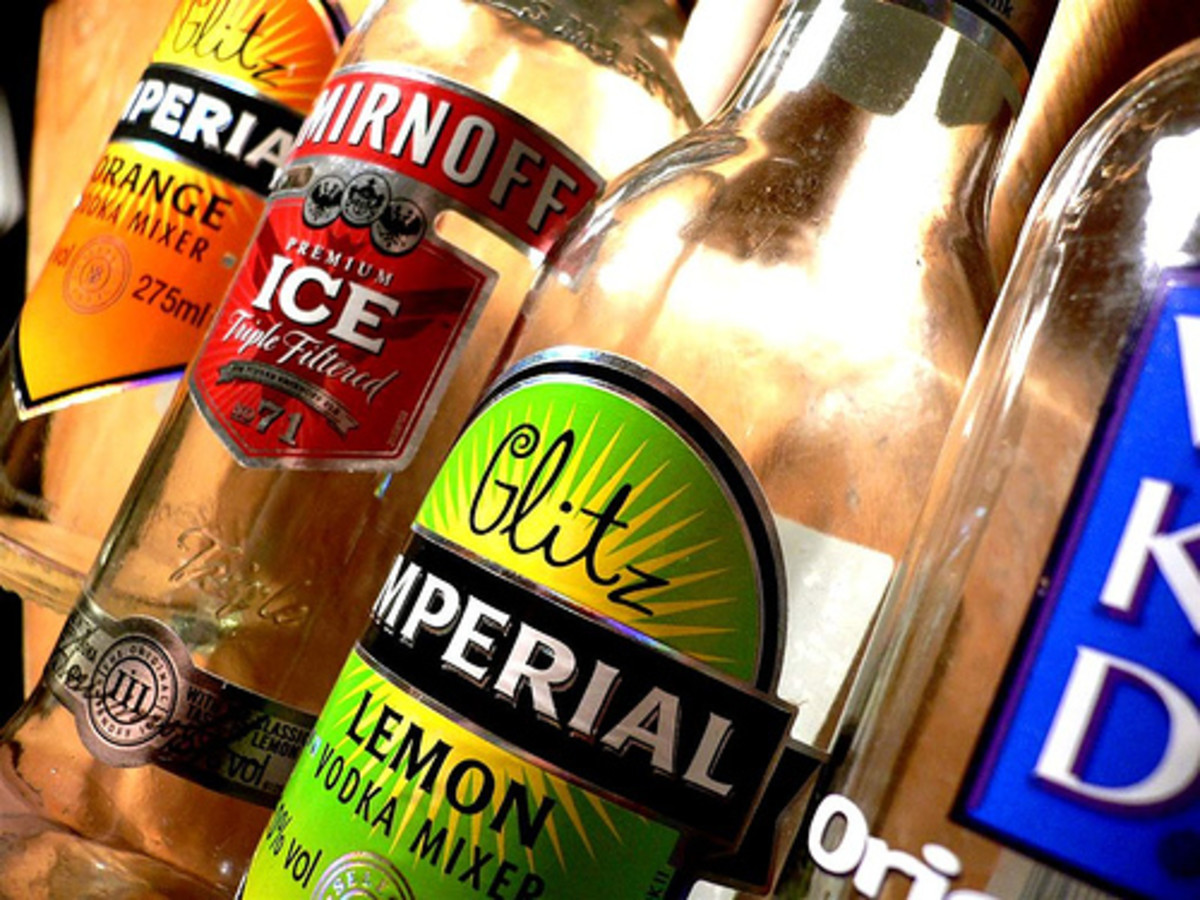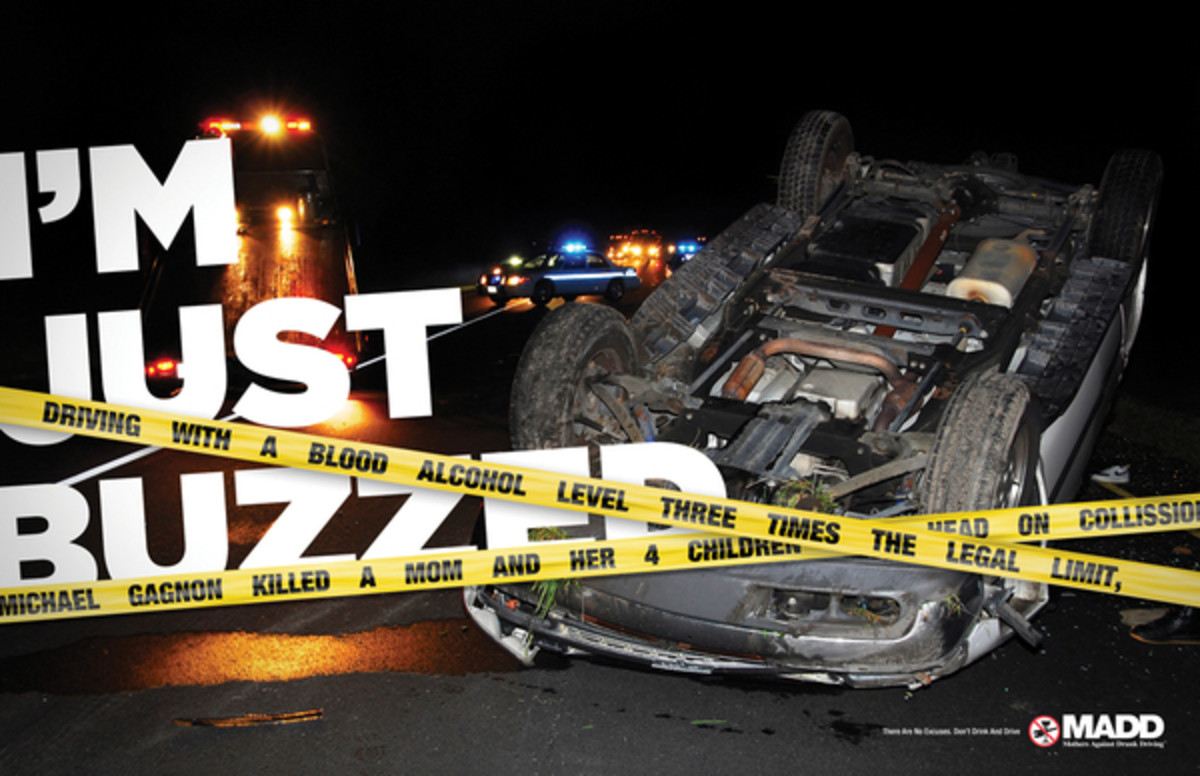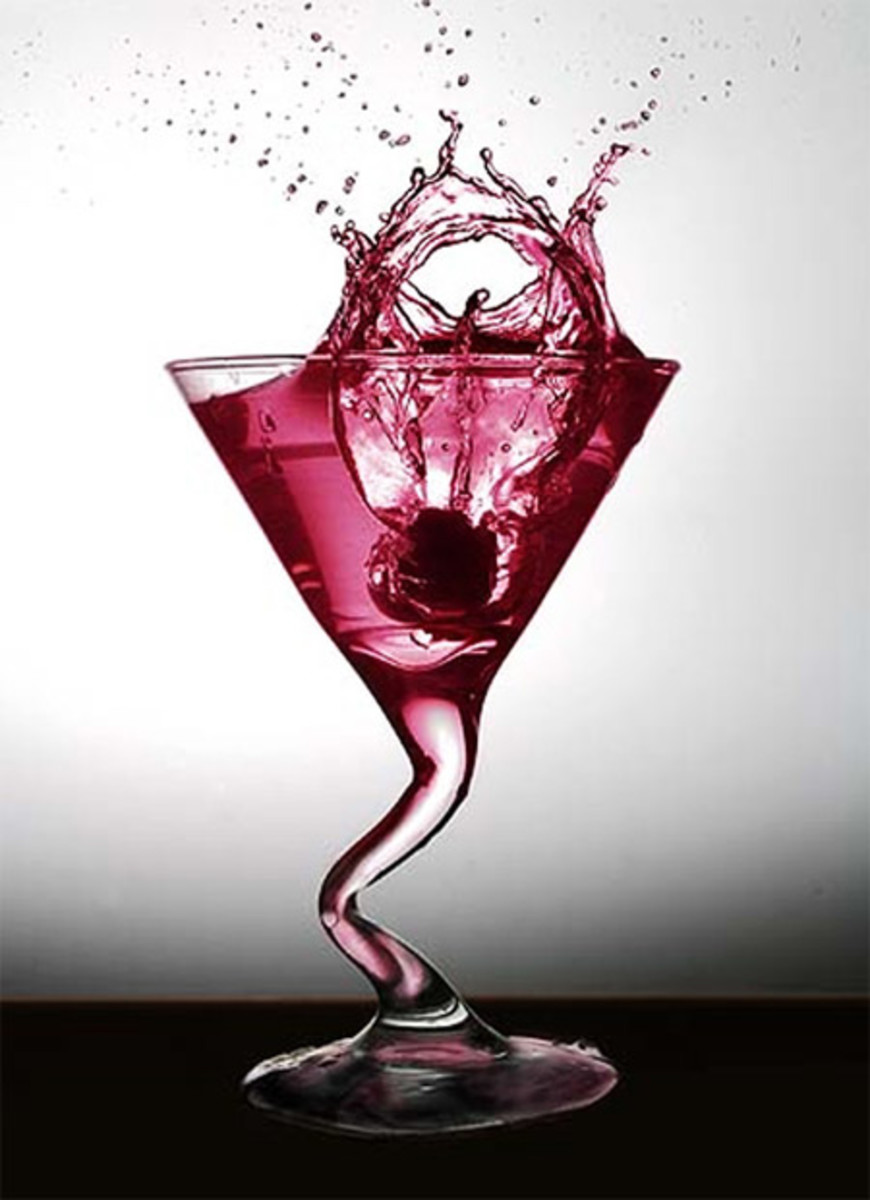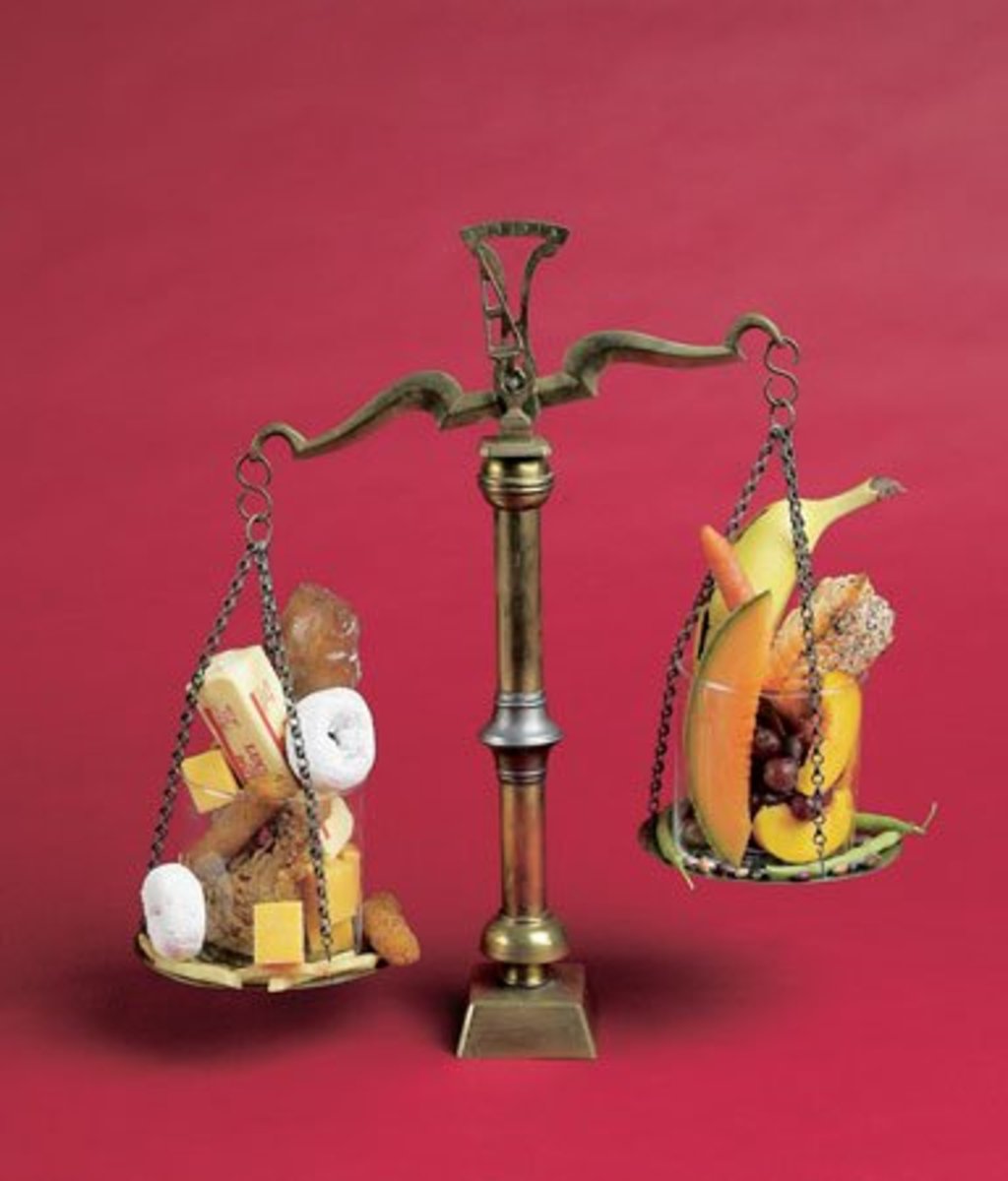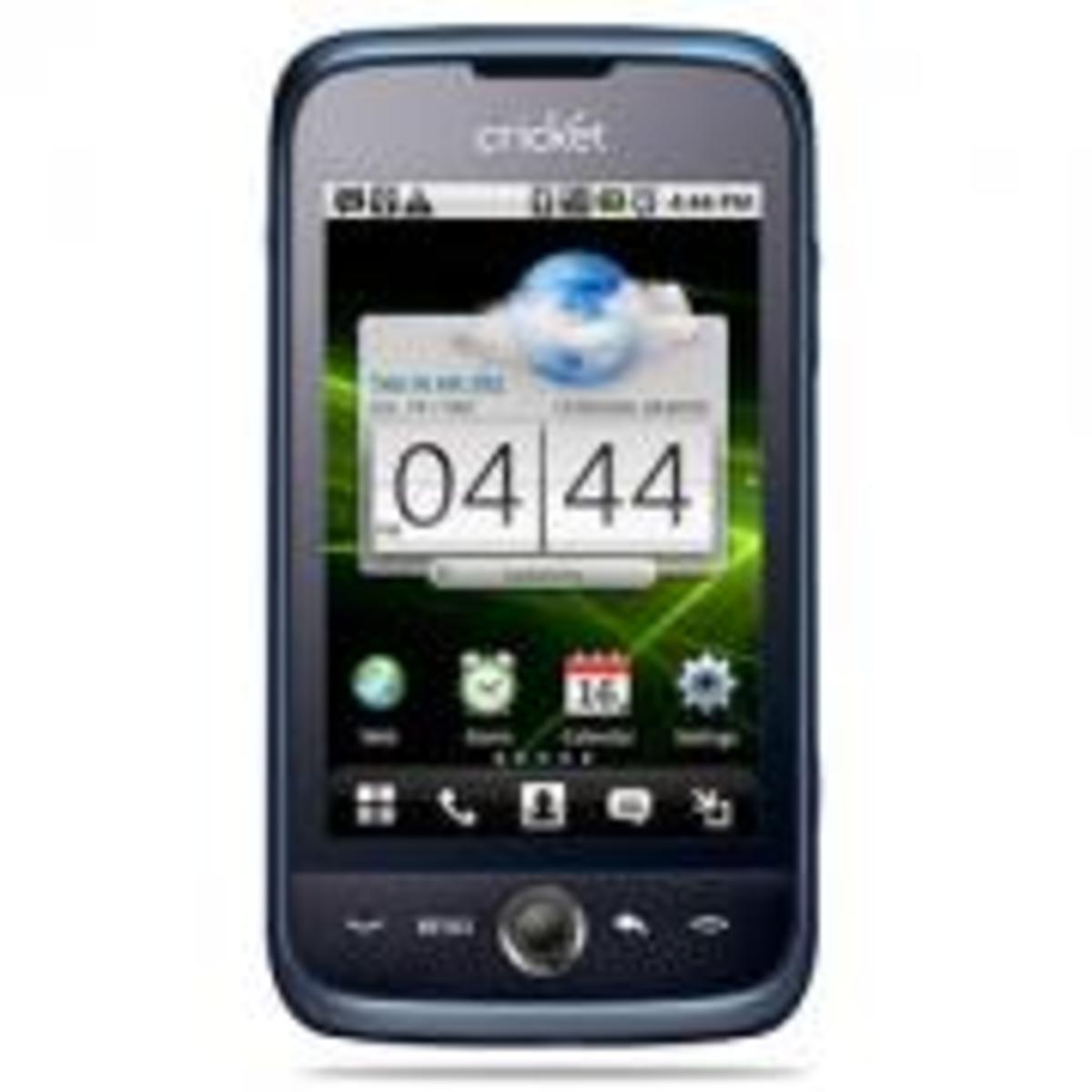Do not lower the drinking age to 18
Throughout history, people have always wanted what they can't have. Since the 1970s, this is the attitude most lawmakers in America have taken with respect to underage drinking. It was at this time that many states changed the legal drinking age form 18 to 21. The theory behind this was, essentially, if you rise the drinking age, people will drink more responsibly, because with age comes responsibility. Unfortunately, the people who made these laws did not consider that responsibility is something that comes from experience and teaching - not just age. Currently, there are many anti-alcohol groups (most concerned with the problem of drunk driving) trying to stop people from drinking illegally before the age of 21.
western nations on the planet in which the drinking age is over 18. In most cultures, drinking is perceived as a social activity. In Europe, many children (and I do not use the word "children" loosely) begin drinking in a social context with their parents by the early to mid-teens. In France, many families include wine as a part of the daily dinner, and in England, it is legal for a person to have an alcoholic beverage, in a public restaurant, with a parent, at the age of 16. So why is it that in America, we consider people who have wine every night to be alcoholics, and associate 16-year-olds that drink with stomach pumps? It seems to me that Americans have created an artificial problem with drinking, which precludes us from imbibing in the same fashion as Europeans. The fundamental difference lies in learned responsibility.
In the U.S., when you reach 18 years of age, you are legally an adult. Your new rights allow you to vote, join the military, obtain a marriage permit, sign legally binding contracts and many others except purchase and consume alcohol . Many feel this is the best reason for lowering the drinking age. I want to take a different approach at the issue; I think the legal drinking age should not be lowered to 18.
Why we should not lower the drinking age? Let me explain some reasons why not to lower the drinking age. One is that if we lower the drinking age we might be contributing to more fatal accidents. Second, lowering the drinking age might influence 18-year-olds to buy alcohol for younger teenagers (age 15-17). And third, 18-year-olds may not be mature enough to know their limitations on drinking.
One argument against lowering the drinking age is that alcohol impairs the development of the brain. MADD (Mothers Against Drunk Driving) stats in an article titled "Why 21" that "the 21 minimum age drinking laws were established to save your brain and your life" (Why 21?) Although it is standard knowledge that the manner in which alcohol is consumed is generally unhealthy, there are many other substances legal to any ages that are just as unhealthy. It is a wide known fact that heart disease is the number one killer in America. Heart disease is cause by unhealthy and fatty foods, which are consumed everyday by nearly everyone. If the American Heart Association were to use the same reasoning as MADD, They might suggest putting age restrictions on buying McDonald's fast food. In reality, such suggestions by the AHA would be shot down faster than an Iraqi fighter-jet in US air space. Further more, cigarettes have been proven to be the major cause of lung cancer. Any adult can purchase a pack of cigarettes at a store legally, despite the fact that the nicotine that they contain is far worse for your body than alcohol. When was the last time you heard of a class action suit against Budweiser for causing cirrhosis of the liver? Never! That is why it is preposterous to even try to defend the "twenty-one" age restriction on alcohol with health related support.
If we lower the drinking age we might be contributing to more fatal accidents. According to a study based on data from United States, lowering the drinking age increases car crashes among youth. The drinking age was lowered from 20 to 18 in 2000. The study found that the rate of traffic crashes and injuries increased 12% for 18-19-year-old males and 14% among 15-17-year-old males comparing the four years before and after the United State's legislature lowered the drinking age to 18. For females, rates rose 51% for 18-19-year-olds and 24% for 15-17-year-olds. The study estimated that 400 serious injuries and 12 deaths each year among 15-19-year-olds could be prevented if United States raised their minimum legal drinking age ( Minimum Purchasing Age for Alcohol and Traffic Crash Injuries Among 15 to 19Year Olds in United States American Journal of Public Health. 2005). Even though this study is from New Zealand, there is still a possibility that the same thing will happen here in the United States if we were to lower the drinking age.
A study has proven that "in the 12 zero tolerance states, single vehicle nighttime fatal crashes involving young drivers dropped 16 percent" (NHTSA Tolerance) The young drivers, defined by this study as under twenty-one, are not even supposed to be under the influence, but simply by enacting zero tolerance laws on drunk driving, fatal accidents have declined by another solid sixteen percent . MADD claims that the "twenty-one" age restriction has reduced the number of fatal accidents by up to twenty-eight percent, not even a solid twenty-eight percent. If zero tolerance laws were established, as opposed to age restricting laws, these decreases in the number of accidents would be higher than a pothead on April twentieth. MADD needs to take up anger management to stop targeting the wrong statistics.
Another reason Given by MADD for the "twenty-one" age restriction is that "Researchers found that teenage deaths in fatal car crashes dropped considerably - in some cases up to 27% - when the laws were moved back to 21. Like it or not, it is clear that more young people were killed on the highways when the drinking age was 18." Granted, with this statement MADD has risen slightly above their childish health argument, however, they are not looking at the big picture with this statistic.
Some may also think that younger people are involved in more drinking and driving accidents and decreasing the drinking age will only increase this problem. The thing about this fact that most people tend to not think about is that teens tend to abuse alcohol no more than people that fall in the age category of 21 to 40 year olds. When you take into account that teenagers drive more miles than older drivers do, the statistics show a higher rate of alcohol-related traffic fatalities for teenagers than older groups.
One reason is that 18-year-olds might not be mature enough to drink responsibly. At the age of 18 we are not yet mature enough, we just stepped out of high school and are preparing for college. At 18 they have the responsibility to vote, start getting their credit, and start becoming an adult. Trying to become an adult is a big responsibility, and putting alcohol in their hands will only make it a little more difficult to do. At this age they are still trying to have fun, enjoy life, and explore adult hood. Why should we put alcohol in their hands to let them maybe destroy their or someone else's future?
Lowering the drinking age might also influence 18 year olds to buy alcohol for younger teenagers, ranging from the ages of 15 to 17. If they buy the alcohol for the younger teenagers we might hear more about fatal crashes but they would be with younger teenagers. See they may obtain their license at the age of 16, with that being said these teenagers would most likely drink and drive and may take innocent lives.
Now that I have explained three reasons why we should not lower the drinking age; hopefully, everyone will consider not lowering the drinking age. Some people would disagree with my explanations, but take time and realize that letting the drinking age be lowered ,we are letting these teenagers drink whenever they want too and do what they want when they are drinking.


